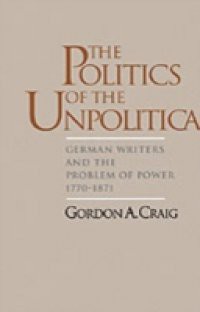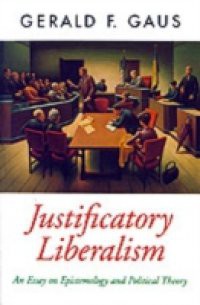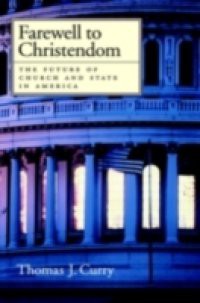In a book written during the First World War, Thomas Mann wrote that political activity was alien to the German spirit and that "in fact the political element was absent from the German concept of education." The Politics of the Unpolitical demonstrates the essential unreliability of this generalization by focusing on the political activity of ten of Germany's most widely respected writers in the period from the French Revolution to the founding of the Bismarck Reich in 1871. Gordon A. Craig's book shows how Goethe, Schiller, Heinrich von Kleist, Wilhelm von Humboldt, Holderlin, and Heine were fascinated by the political issues of their day and reacted either by entering public service or threw themselves into efforts to change society for the better. In his study of ten of Germany's most important intellectuals Craig, focuses on their political views and activities and argues that they were not, in fact, representatives of the genre of the "unpolitical German."




















